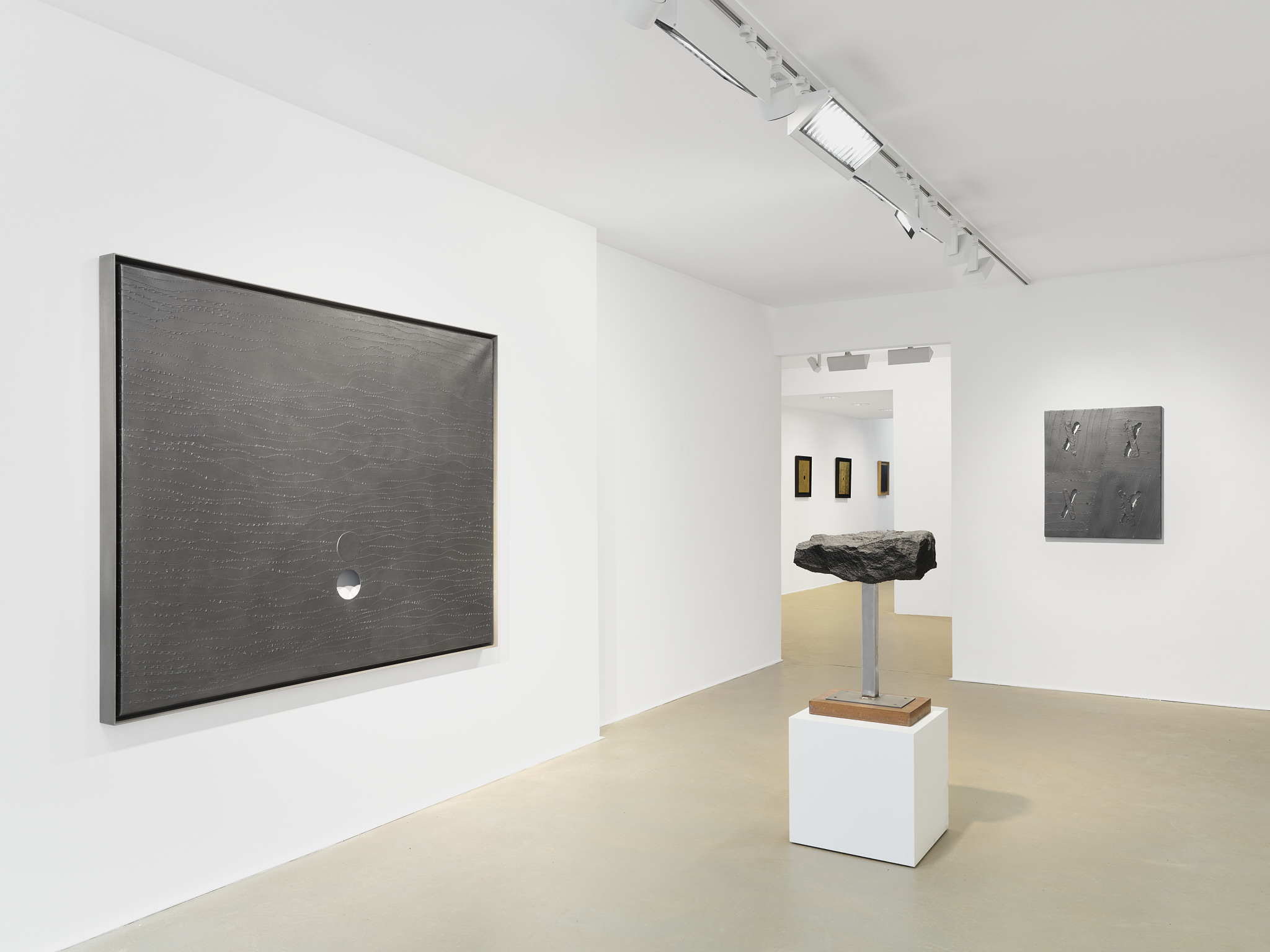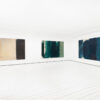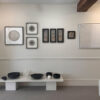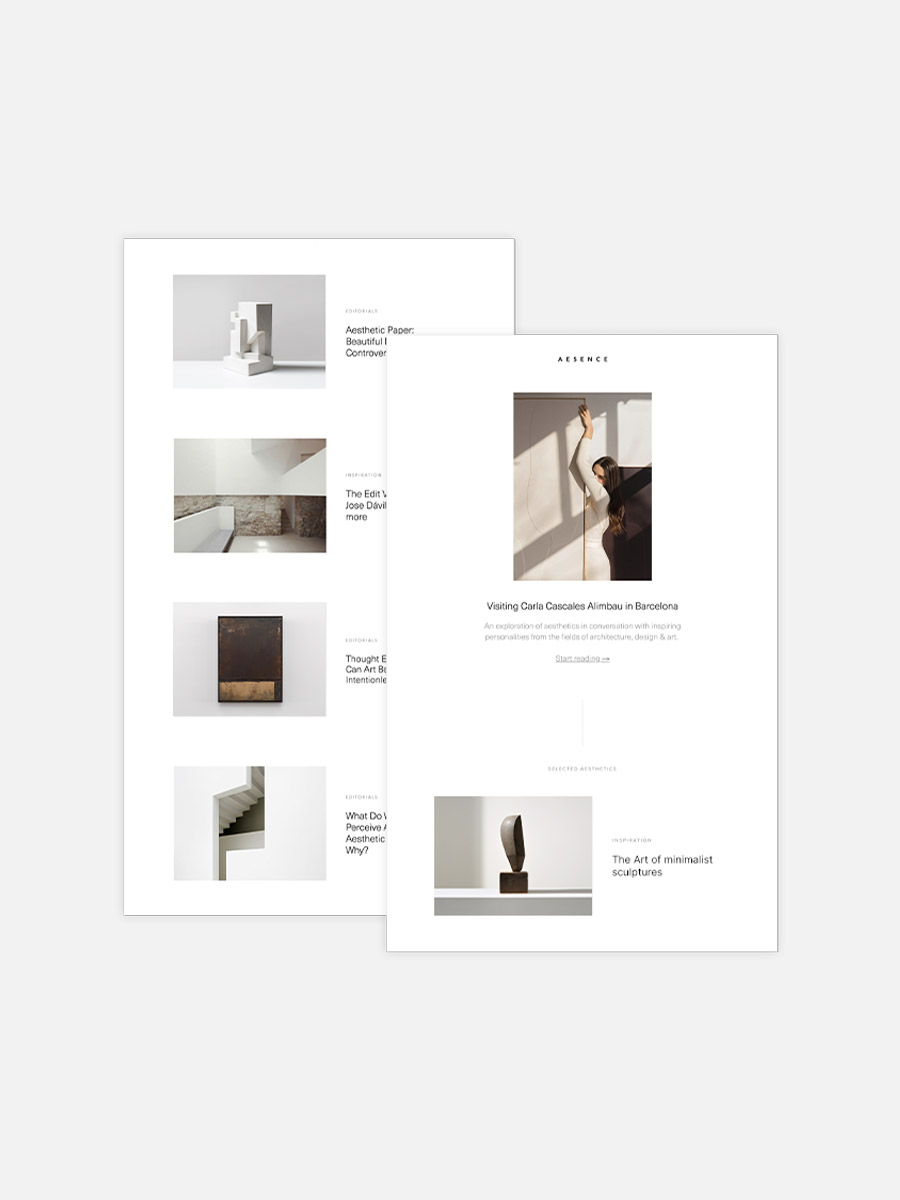Stephane Simoens Contemporary Fine Art is proud to present the first solo exhibition by Nobuo SEKINE (1942-2019) in Belgium. This exhibition introduces a selection of works from his Phase Conception series from the 80s, combined with some iconic sculptures from the beginning of the 70s.
Nobuo Sekine (1942–2019) was a pioneering Japanese artist best known for his role in founding the Mono-ha movement in the late 1960s, together with Lee Ufan.
Mono-ha, meaning “School of Things,” emphasized raw materials and their relationships between the natural and the industrial, rejecting traditional notions of representation.
Sekine’s most iconic work, Phase—Mother Earth (1968), involved excavating a cylindrical hole and placing the removed earth as a mirrored cylinder beside it. This striking gesture challenged viewers to reconsider space, form, and perception.

His approach was heavily influenced by both Eastern philosophy and Western Minimalism, but remained distinctly Japanese. Sekine believed that the presence of things, not their manipulation, was central to artistic experience.
Over the decades, his work evolved and blured the boundaries between sculpture, installation, architecture and land art, inviting viewers to reflect on the relationship between the human body, the environment, and the materials used in art.
Though initially under-recognized internationally, Sekine and Mono-ha have gained broader attention since the 2000s. His influence is now acknowledged in both contemporary art and philosophical circles.
© Text and Photo Courtesy of Stephane Simoens Contemporary Fine Art, Photography by We Document Art



